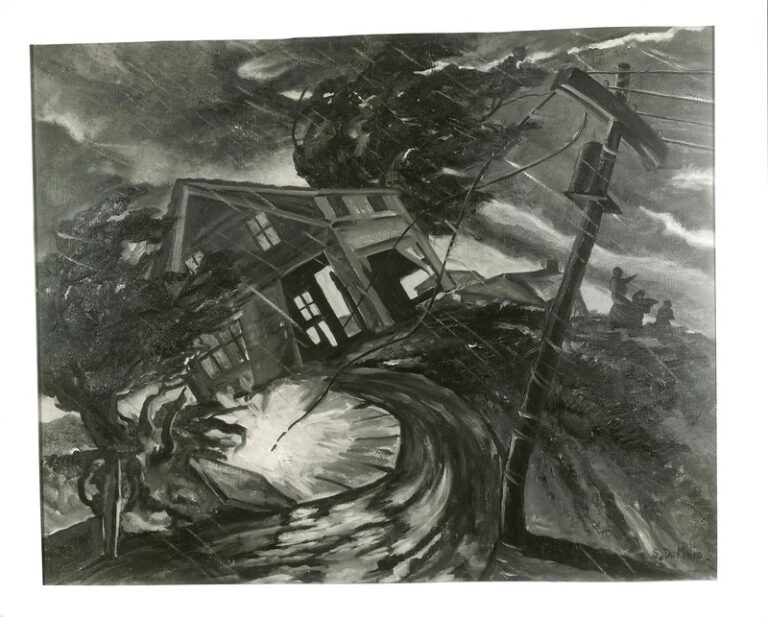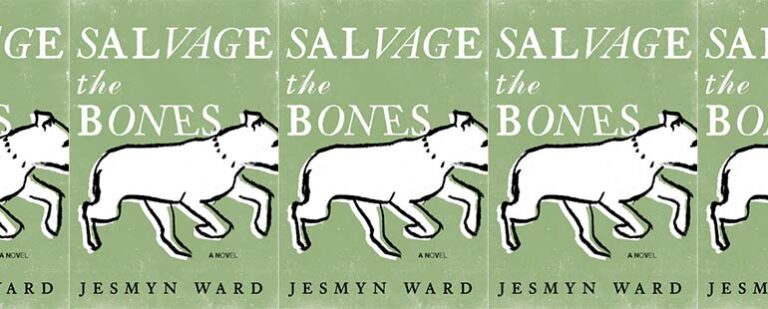Curating Wonder: Reader Review #4
Today’s reader review comes from Daniel DiStefano, who looks at our Charles Baxter issue through the prism of lost youth, adolescent fantasies, and the thought process behind mixtapes.
Ploughshares Fall 1999, guest edited by Charles Baxter.
Featuring work by Jill Bossert, Antonya Nelson, and Michael Byers.
233 pages, $10.95.
In the fall of 1999, I was a fourteen-year-old freshman at an all-boys Catholic high school. The youngest in my family, my brother and sisters were already off in college or out starting their lives, and their bedrooms, once little kingdoms unto themselves and booming with music I didn’t recognize, were now silent and vacant. I knew no one in school, made friends only through discovering a mutual love of bands our older siblings had taught us to like, and harbored thoughts that any school dance would bring about my romantic moment: I’d finally meet a girl from one of our sister schools, we would step outside to talk, kiss before our parents picked us up, and we’d continue a torrid love affair until our late 80’s when one of us would unfortunately die before the other. This moment never happened though, and although I learned a little bit about algebra and the Odyssey, I learned mostly that in those days I just wanted to be somewhere else with someone else, always.
I made mix-tapes and mix-CD’s back then, ones with names and themes. Sometimes I’d even draw or collage together a melodramatic cover for the case. These mixes were always in someway about my romantic dilemma and I was struck with a strange nostalgia upon reading Charles Baxter’s introduction to the Fall ’99 fiction issue of Ploughshares. In it, he writes, “I feel as if I have been the curator for an exhibit of wonders,” choosing stories for the issue that “distract me in the way I want to be distracted; they play to my weakness for stillness and wonder.” His carefully chosen mix-tape of stories reminds me of my old tapes, and feels familiar to the pathos found in his own fiction. All of these stories seem to be based on a singular, foundationary thought: Love, in all its iterations, is hard to understand.
This tone is set with the issue’s opener, Jill Bossert’s “Remaining in Favor.” Lise is continuing her affair with Frank, and although “they are not new lovers needing to know one another’s every move,” she is still aware that “there are needs,” and, at least on her end, a great deal of love that cannot be shelved while he is off being a husband and a father. Peter Ho Davies’ “The Hull Case,” based in part on an actual UFO abduction account, is less interested in aliens and more invested in exploring a childless interracial couple in post-WWII America. In Antonya Nelson’s “Palisades,” a new mother is estranged from her non-committal husband and comes to act as confidante to an older husband and wife, both cheating on each other. Emily Hammond’s “Back East,” Stewart O’Nan’s “Please Help Find,” and Hilary Rao’s “Every Day a Little Death,” each explore the painful and confusing love children can have and lose for their parents.
It is Michael Byers’ “The Beautiful Days,” however, that conjures the most nostalgia, shame, and even a bit of envy in me. His story of Aldo’s college days, being plopped right in the “basin of happiness,” prone to fits of grace or some other “unnamable generosity of spirit,” and navigating the perplexing canals of sex, love, and what they have do with each other, exhibits such lyrical prose and an incisive insight into the young male psyche on the precipice of adulthood that it’s impossible not to think of who you were at that same stage in your own life.
Much like Aldo, I thought I was a little too smart for my own good, thought I was more in-tune with the earth and its graces than others, felt love was something deserved and not earned, and had a hard time learning, sometimes through stories like these, that none of these things were particularly true.
Daniel DiStefano was once a contracts coordinator for a literary agency, but will soon be pursuing his MFA in fiction at the University of Michigan this fall. Originally from New Jersey, he is a little nervous about moving Fred, his 21-year-old pet frog, from New York to Ann Arbor in less than a month. His fiction has appeared in The Rambler and Whitefish Review, and hopefully, someday, in Ploughshares.


